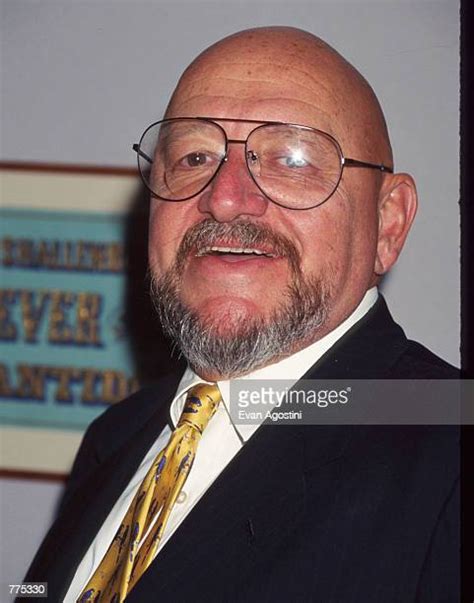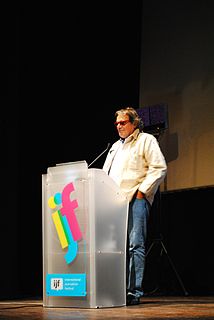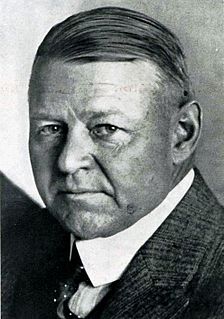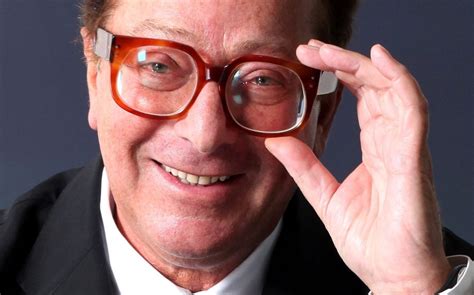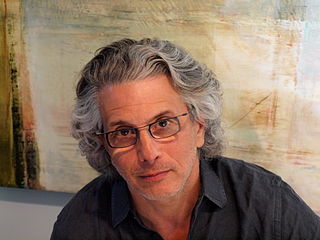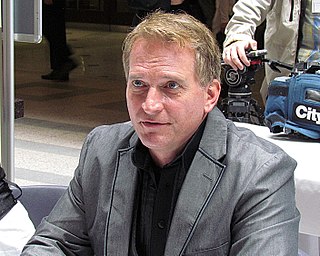A Quote by Ben Feldman
If you look at the history of advertising, most of them were Jews, so it was only a matter of time before 'Mad Men' explored that area of advertising.
Related Quotes
The advertising men made it clear that there were two ways of looking at ideas in a war against fascism. Those of us who were working on the project believed ideas were to be fought for; the advertising men believed they were to be sold. The audience, those at home in wartime, were not 'citizens' or 'people.' They were 'customers.'
According to the estimate of a prominent advertising firm, above 90 per cent, of the earning capacity of the prominent nostrums is represented by their advertising. And all this advertising is based on the well-proven theory of the public's pitiable ignorance and gullibility in the vitally important matter of health.
We tell the for-profit sector, 'Spend, spend, spend on advertising until the last dollar no longer produces a penny of value,' but we don't like to see our donations spent on advertising in charity. Our attitude is, 'Well look, if you can get the advertising donated (at four o'clock in the morning) I'm okay with that, but I don't want my donation spent on advertising, I want it to go to the needy,' as if the money invested in advertising could not bring in dramatically greater sums of money to serve the needy.
The counsel on public relations is not an advertising man but he advocates for advertising where that is indicated. Very often he is called in by an advertising agency to supplement its work on behalf of a client. His work and that of the advertising agency do not conflict with or duplicate each other.


